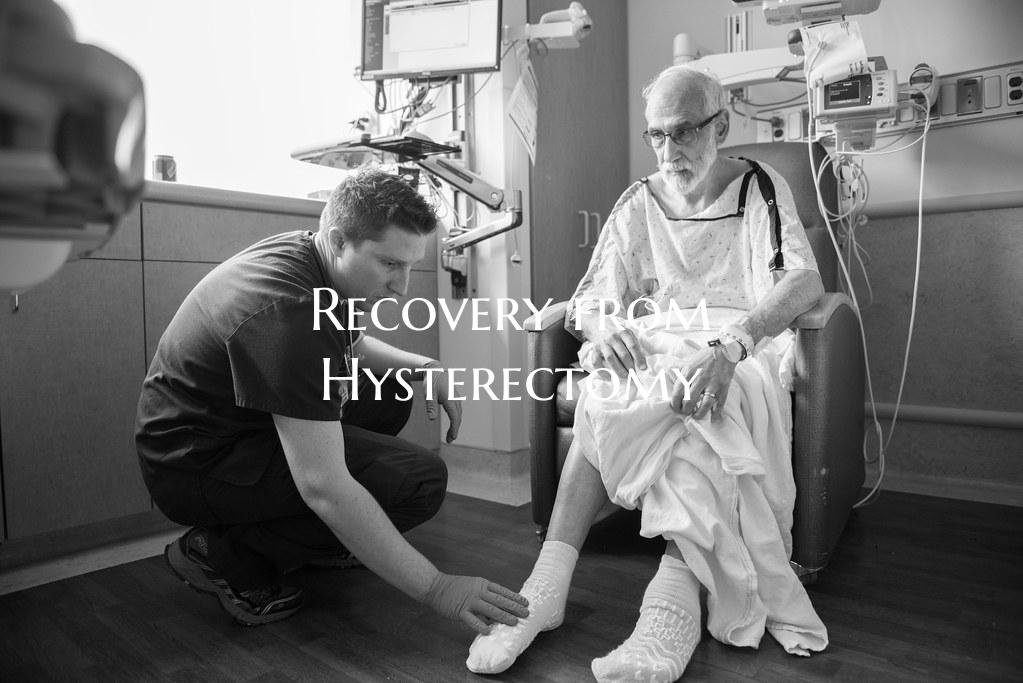
Recovery from Hysterectomy
A hysterectomy is a surgical procedure that involves the removal of the uterus. Recovery from a hysterectomy can vary depending on the type of procedure, the individual's overall health, and the presence of any complications during or after surgery. While the recovery process can be challenging, with proper care and support, most individuals can experience a smooth and successful recovery.
Immediately after surgery, patients will be closely monitored in the hospital for a period of time to ensure that they are stable and free from any immediate complications. Pain management will also be a priority during this time, with medications provided to help alleviate discomfort. It is important for patients to follow their healthcare provider's instructions regarding medication management and any post-operative care requirements.
Following discharge from the hospital, it is crucial for patients to prioritize rest and allow their bodies time to heal. This may involve taking time off work, refraining from strenuous activities, and gradually reintroducing light exercise as advised by their healthcare provider. Proper nutrition and hydration are also important during the recovery process to support healing and promote overall well-being.
Patients should expect to experience some discomfort, fatigue, and potential side effects such as bloating or constipation in the days and weeks following a hysterectomy. It is essential to communicate any concerning symptoms to your healthcare provider and attend follow-up appointments to monitor progress and address any complications that may arise.
Emotionally, recovery from a hysterectomy can also be challenging. It is normal to experience a range of emotions, including grief, sadness, or even relief, as the procedure can have significant implications for fertility and overall health. Seeking support from loved ones, support groups, or mental health professionals can be beneficial during this time.
Overall, recovery from a hysterectomy is a unique and individualized process. By following medical advice, prioritizing self-care, and allowing oneself time to heal both physically and emotionally, individuals can navigate the recovery journey with resilience and optimism. Remember that every individual heals at their own pace, and it is important to be patient and kind to oneself throughout the recovery process.